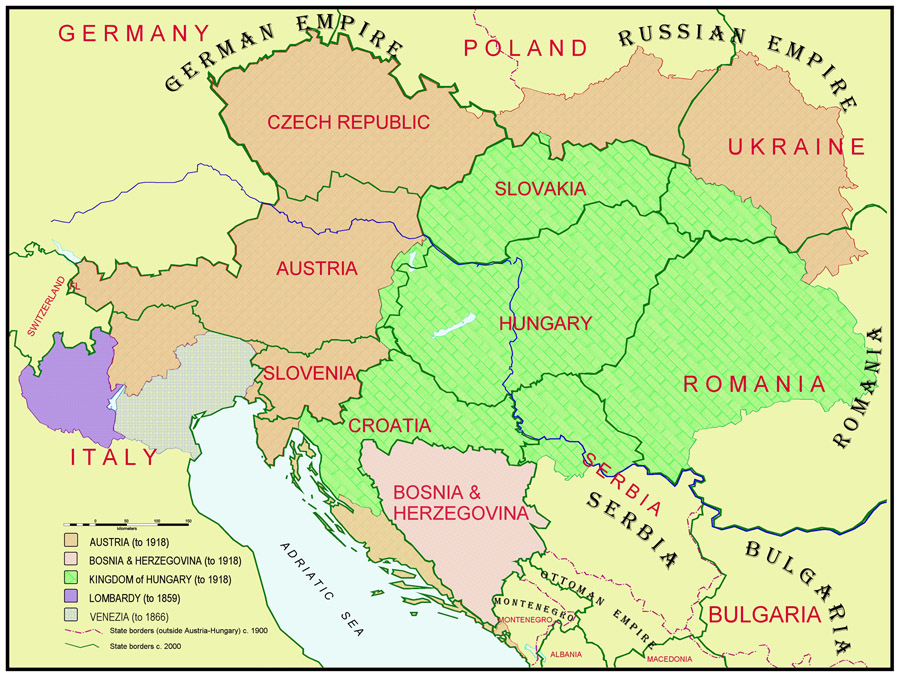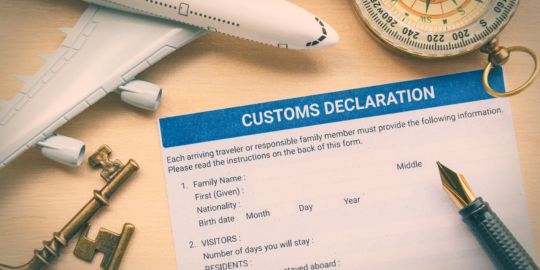Schmni02 wrote:..... I'm still tracking him out of the USA because there is a discrepancy on when he came. If I understand correctly, it needs to be somewhere within pre-Trianon Hungary, which includes places that are now Poland, Romania, and other eastern and not Hungary countries. Is there ANY place that went to what is now Austria eligible? My ancestor indicated on the 1930 census his birthplace as Hungaria/Hungary. On the 1940 census it is indicated as Austria. While I may still complete the genealogy if I am ineligible, it will definitely be less of a priority. Right now the eligibility question is my main motivation.
Thanks! Sorry I am inept.
Vaguely remembered, I think the only part of Austria which was Hungarian was Burgenland (as it's known on modern maps). There are HU speakers there and they have their own radio programmes. There are definitely two villages/towns which are HU speaking places. So maybe do some checking on the history of Burgenland. Hungarian maps show the HU town names although when on the ground, they mostly use the Slovak names on the village signs for some reason.











